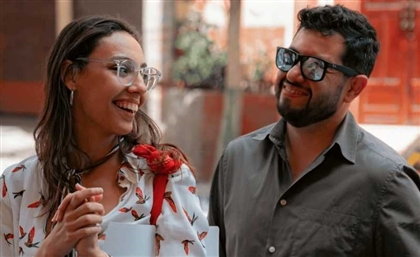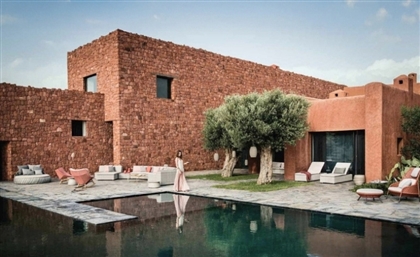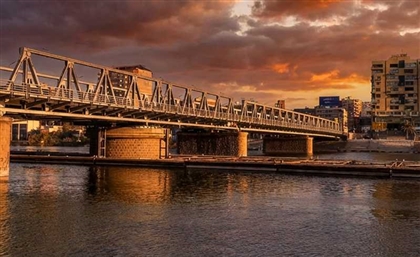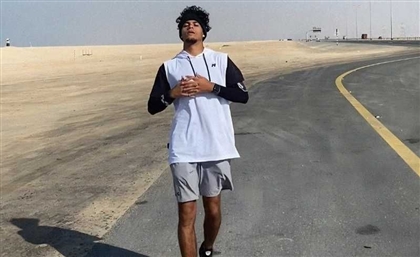Travel Across History on Egypt's Most Iconic Bridges
Take a Tour of Cairo’s Beautiful Bridges…
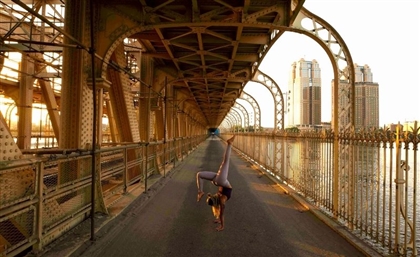
If you’re visiting Cairo or indeed are a city-dweller who long ago took for granted the beauty of its architectural heritage, may we suggest you take a closer look at the beautiful bridges that crisscross the Nile and beyond, each of which carry not just thousands of pedestrians and cars every day but also a rich wealth of stories.
QASR EL-NIL BRIDGE
Construction on what would be Cairo’s first bridge over the Nile began in 1869, during the reign of Khedive Ismail. King Fouad I rebuilt this Downtown bridge 59 years later, and inaugurated it in 1933. While its four bronze lion statues have become an iconic feature of the bridge, they were originally made by French sculptor Henri Alfred Jacquement to guard the Giza Zoo.
EL-GALAA BRIDGE
Originally known as the English Bridge when it was built in 1914, El-Galaa Bridge got its new name after the Egyptian Revolution of 1952.
IMBABA BRIDGE
Opened during the reign of Khedive Abbas II - aka the last khedive in Egypt - in 1892, this iron bridge links Cairo and Giza with two car lanes, two pedestrian lanes, and a railway for trains. The actual architect behind this bridge is considered a mystery, with some rumours attributing its construction to French engineer Gustav Eiffel.
ABBAS BRIDGE
The Abbas Bridge was named after Khedive Abbas II, who inaugurated it himself in 1908. It was the site of a massive protest in 1946, when thousands of students marched from Cairo University (then known as King Fouad I University) to Abdeen Palace to call for the evacuation of British forces. After the Egyptian Revolution of 1952, the bridge was officially renamed Giza Bridge, although its original moniker has since stuck as a nickname.
BANHA BRIDGE
Built during King Fouad I’s reign, this bridge connects Banha with several villages and main roads. The Banha Bridge is frequently used as a romantic setting, and was most famously depicted as such in the Egyptian film ‘Heen Maysara’.
Trending This Month
-
Jan 31, 2026





